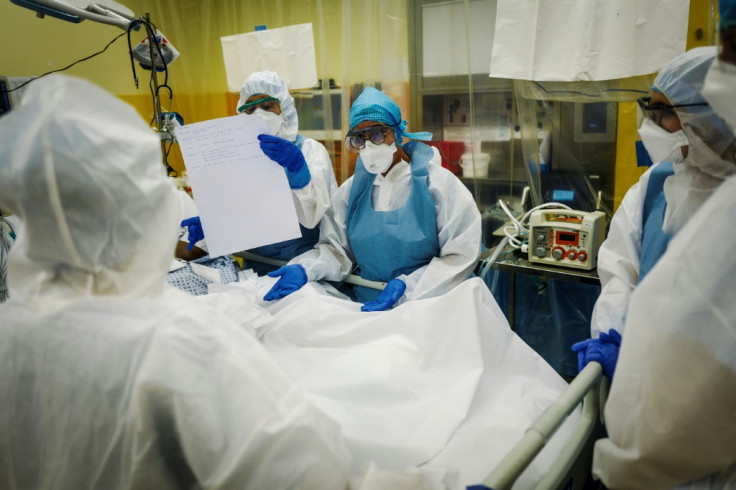Body's immune reaction to severe Covid may cause brain damage: study
Scientists believe that the study could help form potential treatments to help people affected by severe Covid.
A new study by researchers at King's College London has found that severe Covid infection can damage nerve cells in the brain, leading to memory problems and confusion. It can also enhance the risk of long-term health issues.
Scientists found that a wayward immune response to coronavirus increased the death rate of neurons and had a "profound" impact on cell regeneration in the hippocampus region of the brain.
The hippocampus region is associated with learning and memory. The study suggests that the virus can trigger neurological problems and cause issues like delirium and brain fog in people suffering from long Covid.
"These neurological symptoms are very concerning for patients and their families, and the hope is that our research can help identify which treatments would be most appropriate to lessen or prevent these symptoms," said Carmine Pariante, a senior author on the study.
Scientists analysed blood samples from 36 Covid patients who got the infection during the first wave of the pandemic.
They found that the levels of a protein called IL-6 were more than 15 times higher than normal in infected individuals. While it was six times higher in Covid patients with delirium compared to other Covid patients.
The IL-6 protein is released by immune cells as a warning to other immune cells. To understand how this was affecting Covid patients, the scientists exposed lab-grown nerve cells to the patients' blood.
They found that blood from patients with delirium increased the normal death rate of neurons and decreased the generation of new brain cells. Delirium is a state of extreme confusion that can leave people not knowing who, or where, they are.
"We believe these proteins are responsible for the delirium symptoms in acute Covid patients, and in general in long Covid patients experiencing neurological symptoms," Dr. Alessandra Borsini, the study's first author, said.
The scientists now believe that the study published in Molecular Psychiatry, could help form potential treatments to reduce symptoms of confusion, disorientation and memory deficits in COVID-19 patients.

© Copyright IBTimes 2025. All rights reserved.






















